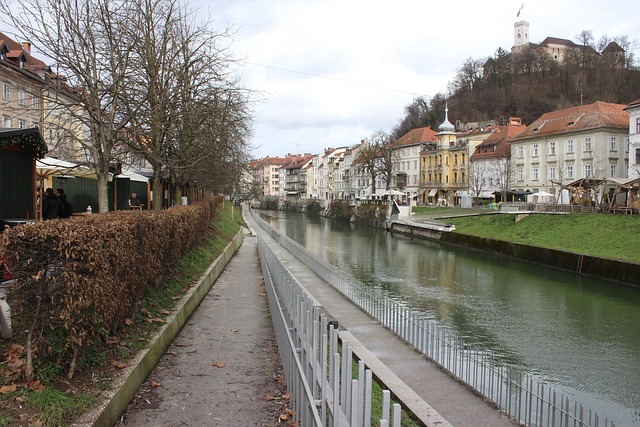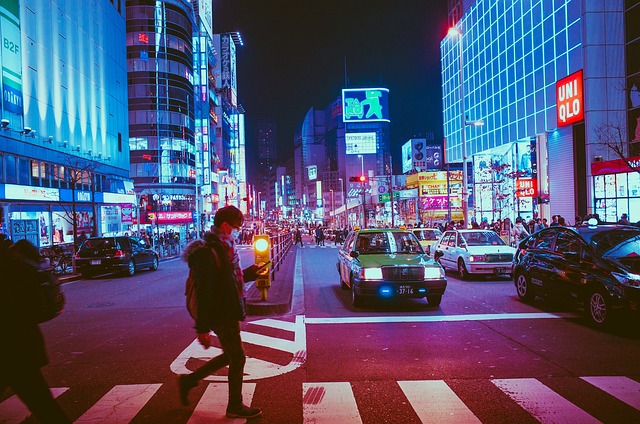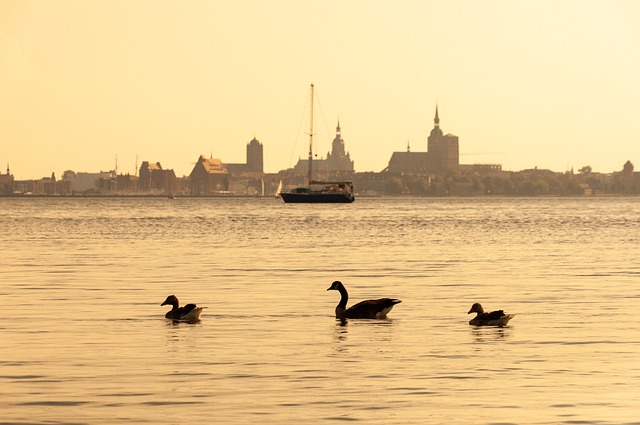Karachi, Pakistan's economic powerhouse, presents a diverse market with rapid growth and varied economic backgrounds. The city offers both luxurious lifestyles in prime areas and more affordable neighborhoods, reflecting its dynamic economic landscape. Muslimabad Society, a bustling community within Karachi, faces unique financial challenges due to urbanization, including rising costs for housing, transportation, and education. Despite these hurdles, high population density supports local businesses and attracts investment opportunities that could enhance infrastructure and services, creating prospects for sustainable development initiatives aimed at improving the quality of life in Muslimabad Society.
“Karachi, Pakistan’s vibrant metropolis, presents a complex economic landscape with significant implications for its residents. This article delves into the cost of living within Karachi’s diverse communities, focusing on Muslimabad Society. We explore how socio-economic factors shape financial challenges and opportunities for this urban center. By examining the latest trends and figures, we aim to provide insights into the daily struggles and potential paths forward for one of Asia’s most bustling cities.”
- The Economic Landscape of Karachi: A Focus on the Cost of Living
- Muslimabad Society: Understanding the Financial Challenges and Opportunities
The Economic Landscape of Karachi: A Focus on the Cost of Living

Karachi, Pakistan’s economic powerhouse and largest city, presents a diverse economic landscape that significantly influences its residents’ cost of living. As one of the fastest-growing metropolises in the region, it attracts people from all walks of life with various economic backgrounds. The city’s vibrant markets, bustling industries, and thriving financial sectors contribute to a complex web of economic activities, driving up and down the cost of goods and services accordingly.
The cost of living in Karachi varies greatly depending on one’s location within the city. Prime areas like Clifton and Defense offer luxurious lifestyles with higher prices for housing, food, and entertainment. Conversely, more affordable neighborhoods provide a different economic experience, where daily necessities are more within reach. Navigating this economic landscape is a testament to the dynamic nature of Karachi, reflecting its status as a bustling metropolis where opportunities and challenges coexist.
Muslimabad Society: Understanding the Financial Challenges and Opportunities

Muslimabad Society, a vibrant community within Karachi, like many urban areas, faces distinct financial challenges that impact its residents’ cost of living. The rapid urbanization and influx of people have put pressure on resources, leading to rising prices for essential goods and services. Housing, transportation, and education costs have become significant hurdles for many families. However, this diverse society also presents opportunities for economic growth and community development. Local businesses thrive due to the high population density, offering affordable solutions and creating employment opportunities. Moreover, Karachi’s status as a major financial hub attracts investment, which can translate into improved infrastructure and services for Muslimabad Society residents.
Understanding these dual challenges and opportunities is crucial in navigating the evolving landscape of this Karachi neighborhood. By recognizing the unique financial dynamics at play, community leaders and residents can work together to foster sustainable initiatives that enhance the overall quality of life within Muslimabad Society.
Karachi, as a bustling metropolis, presents unique financial challenges within its diverse communities, including Muslimabad Society. By understanding the cost of living dynamics in this vibrant city, residents and policymakers can navigate economic opportunities and address pressing financial concerns. Muslimabad Society’s experience highlights the importance of tailored strategies to enhance financial accessibility and sustainability for all Karachians.
